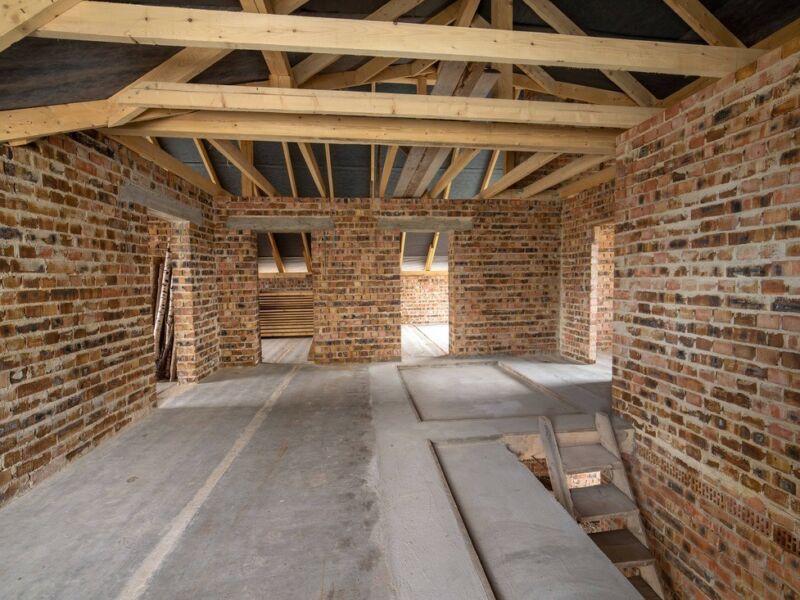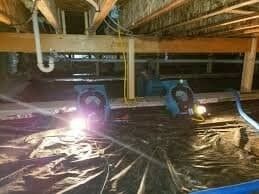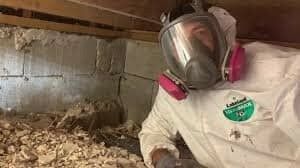
Introduction to Water Damage Restoration
Water damage can be devastating to your property, leading to structural damage and the potential for mold growth. When faced with water damage, it’s important to act quickly and efficiently to restore your property and minimize further damage. This comprehensive guide will provide you with valuable information about water damage restoration, including the process involved, the benefits, and important facts and statistics.
The Water Damage Restoration Process

The process of water damage restoration involves several crucial steps to ensure a thorough and effective restoration of your property. These steps typically include:
1. Assessment and Inspection
Before starting the restoration process, professionals will assess and inspect the extent of the water damage. This involves identifying the source of the water intrusion and determining the affected areas.
2. Water Removal
The next step is to remove the standing water from your property. Depending on the severity of the damage, professionals may use pumps, vacuums, or other specialized equipment to extract the water.

3. Drying and Dehumidification
After the water has been removed, the drying and dehumidification process begins. This step involves using industrial-grade fans and dehumidifiers to remove moisture from the affected areas, preventing further damage and inhibiting mold growth.
4. Cleaning and Sanitization
Once the affected areas are dry, thorough cleaning and sanitization are necessary to remove any remaining contaminants and ensure a safe and healthy environment.
5. Repairs and Restoration
The final step in the water damage restoration process is to repair and restore any damaged structures or materials. This may involve replacing flooring, drywall, or other affected materials, as well as repainting and ensuring proper ventilation.
The Benefits of Water Damage Restoration
Water damage restoration offers several important benefits for property owners:
1. Prevents Further Damage
By addressing water damage promptly and effectively, restoration professionals can prevent additional damage to your property, such as mold growth or structural problems.
2. Saves Time and Money
Restoration is often more cost-effective than replacing entire structures or materials. By salvaging as much as possible and restoring the affected areas, you can save both time and money.
3. Improves Indoor Air Quality
Water damage can lead to poor indoor air quality due to mold and mildew growth. Restoring your property helps eliminate these contaminants, creating a healthier living environment.
4. Restores Property Value
In cases of severe water damage, restoring your property can help preserve its value and prevent depreciation. A properly restored property is more attractive to potential buyers.
Important Facts and Statistics About Water Damage Restoration
Here are some important facts and statistics about water damage restoration:
1. Water damage is one of the most common and costly types of property damage.
According to the Insurance Information Institute, water damage is the second most common homeowners insurance claim.
2. The average cost of water damage restoration ranges from $2,000 to $10,000.
The cost varies depending on the extent of the damage, the size of the property, and the location.
3. Mold can begin to grow within 24 to 48 hours after water damage occurs.
Quick action is essential to prevent mold growth and further damage to your property.
4. Water damage can weaken the structural integrity of your property.
If left untreated, water damage can lead to rotting wood, compromised foundations, and other structural issues.
5. Professional water damage restoration services can help mitigate the risk of health hazards.
Restoration professionals have the expertise and equipment to properly clean and sanitize the affected areas, reducing the risk of mold, bacteria, and other contaminants.
Choose the Best Water Damage Restoration Services
When it comes to water damage restoration, it’s important to choose reliable and experienced professionals. JGW Group Water Damage Restoration is a trusted provider of water damage restoration services, offering expertise in crawlspace water restoration, sewage water restoration, storm damage water restoration, mold restoration, and drywall restoration. With their comprehensive services, advanced techniques, and commitment to customer satisfaction, JGW Group Water Damage Restoration is dedicated to restoring your property to its pre-damage condition.
For more information about their services and to get assistance with water damage restoration, visit JGW Group Water Damage Restoration.
FAQs
What is the average cost of water damage restoration?
How quickly should water damage be addressed to prevent mold growth?
Disclaimer: The links to Amazon products are affiliate links. As an Amazon Associate, we earn from qualifying purchases.



